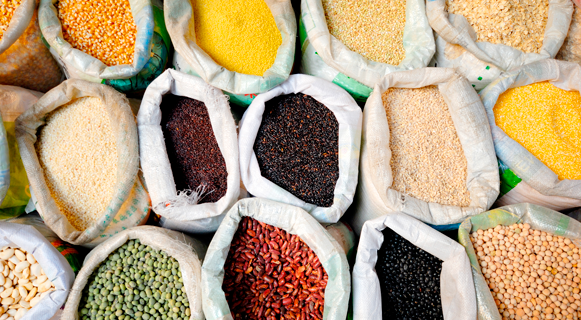
Image: Pixabay
GENEVA (Reuters) - Almost 25 million tonnes of grain are stuck in Ukraine and unable to leave the country due to infrastructure problems and blocked ports on the Black Sea, including Mariupol, said a deputy director of the UN food agency FAO , this Friday.
The lockdowns are seen as a factor behind high food prices, which reached a record high in March following Russia's invasion of Ukraine, before easing somewhat in April, the FAO said.
Ukraine was the world's fourth-largest corn exporter in the 2020/21 season and the sixth-largest wheat exporter, according to data from the International Grains Council.
“It is an almost grotesque situation that we see at the moment in Ukraine with almost 25 million tons of grain that could be exported, but that cannot leave the country simply due to lack of infrastructure, blocked ports,” said Josef Schmidhuber, deputy director from FAO's trade and markets division, at a press conference in Geneva via Zoom.
{module Form RD}
Schmidhuber said full silos could result in storage shortages during the next harvest in July and August.
“Despite the war, harvest conditions don’t seem so dire. This could actually mean that there is not enough storage capacity in Ukraine, especially if there is no open wheat corridor for export from Ukraine,” he said.
Another concern is reports that some grain stores have been destroyed in fighting in Ukraine, he added, without giving details.
Since Moscow launched what it calls a “special military operation” in late February, Ukraine has been forced to export grain by train across its western border or through its small ports on the Danube River.
Earlier this week, the head of the World Trade Organization told Reuters she was “seriously concerned” about rising food prices and was seeking solutions alongside other partners.
“It would really help the world if we could evacuate this grain (from Ukraine),” said Ngozi Okonjo-Iweala. “There is a serious risk that food prices will rise and become unaffordable, which could lead to more hunger.”
Per: Agricultural News












